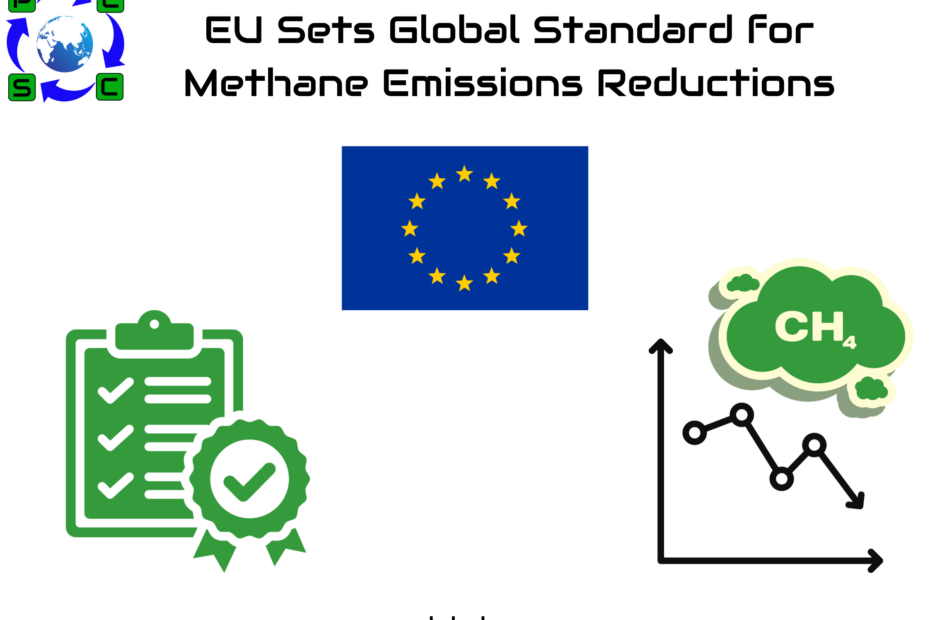
The Commission welcomes the provisional agreement reached between the European Parliament and Council on a new EU Regulation to reduce energy sector methane emissions in Europe and in our global supply chains. Methane is a powerful greenhouse gas – the second biggest contributor to climate change after carbon dioxide (CO2) – and is also a potent air pollutant.
The agreement is therefore crucial to delivering the European Green Deal and reducing our net greenhouse gas emissions by at least 55% by 2030.
Reducing methane emissions in the EU:
The Regulation agreed aims to stop the avoidable release of methane into the atmosphere and to minimise leaks of methane by fossil energy companies operating in the EU.
- It mandates that operators quantify and monitor methane emissions at the source level, including for assets that are not operated, and submit those results on a regular basis to the appropriate authorities.
- In order to find and fix methane leaks on EU territory within time constraints, it requires oil and gas firms to regularly inspect their equipment.
- It prohibits regular flaring and venting by the oil and gas industries and limits non-routine flaring and venting to situations that cannot be avoided, such as equipment failure or safety concerns.
It restricts thermal coal mine venting starting in 2027, and more stringent regulations take effect in 2031.
The EU will discuss these new transparency requirements with foreign partners in both bilateral and multilateral fora with global energy partners.
The Global Methane Pledge, which was signed by more than 150 nations, aims to cut methane emissions by 30% by 2030. With the aid of this tool, we can collaborate with partners to accomplish these significant targets.
Next steps
The provisional agreement now requires formal adoption by both the European Parliament and the Council. Once this process is completed, the new legislation will be published in the Official Journal of the Union and enter into force.
For more information and support contact – pooja.h@globalpccs.com








 Authorised IMDS & CDX Training & Consulting partner for
Authorised IMDS & CDX Training & Consulting partner for






